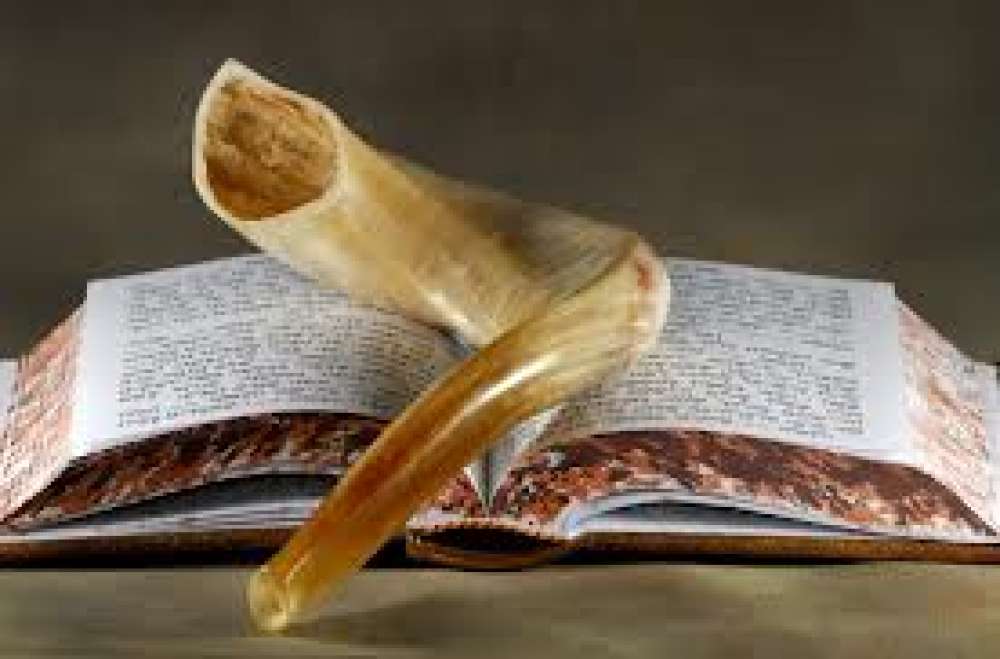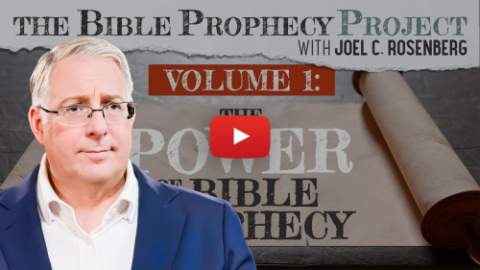
The Feast of Trumpets – Rosh Hashanah
Then the LORD spoke to Moses, saying, Speak to the children of Israel, saying: 'In the seventh month, on the first day of the month, you shall have a Sabbath-rest, a memorial of blowing of trumpets, a holy convocation. 'You shall do no customary work on it; and you shall offer an offering made by fire to the LORD.' Leviticus 23: 23-25
The observance of Rosh Hashanah, often referred to as “the Feast of Trumpets,” begins at sundown Wednesday, September 24th this year in 2014. God describes its observance in Leviticus 23:23-25. It is a day of sounding trumpets in the Temple and throughout the land of Israel. The Bible says less about the Feast of Trumpets than any of the other feasts. It was simply a holy day celebrated with trumpet blasts on the first day of the seventh month.
Rosh Hashanah begins the season of the fall feasts and was considered the holiest time of the year. Because the Feast of Trumpets was the first of the three, over centuries it came to be called Rosh Hashanah, literally meaning “Head of the Year,” or New Year’s Day. It is intended as a celebration marking a “spiritual” new year, a special time set apart for a new beginning with the Lord.
Following the A.D. 70 destruction of the Temple in Jerusalem, the continued observance of the Feast of Trumpets was threatened due to the absence of the Temple and its sacrificial system. The emphasis was shifted to preserve the observance of the holiday for a people scattered outside their homeland and deprived of their Temple.
The feast is celebrated today with several blasts of the trumpet or shofar. It is a very solemn time just preceding the holiest day of the year: The Day of Atonement – Yom Kippur. On Yom Kippur, God’s atonement and forgiveness is sought and His judgment feared. The ten days from Rosh Hashanah through Yom Kippur are called the Days of Awe, when one considers his sins before God and enters into a period of repentance, of asking forgiveness from God and those you have harmed, and of restitution. Just as Israel’s other feasts, the Feast of Trumpets carries strong prophetic overtones, as it portrays future events for the God’s people and the nation.
While there is no special celebration of the Feast of Trumpets among New Testament believers it can certainly serve as a good reminder for us of the continual need for repentance, seeking forgiveness and making restitution, as we wait for the trumpet call of the coming of the King of Kings, our Lord and Savior, Jesus Christ.
For the grace of God that brings salvation has appeared to all men, teaching us that, denying ungodliness and worldly lusts, we should live soberly, righteously, and godly in the present age, looking for the blessed hope and glorious appearing of our great God and Savior Jesus Christ, who gave Himself for us, that He might redeem us from every lawless deed and purify for Himself His own special people, zealous for good works. Speak these things, exhort, and rebuke with all authority. Let no one despise you. Titus 2:11-15




